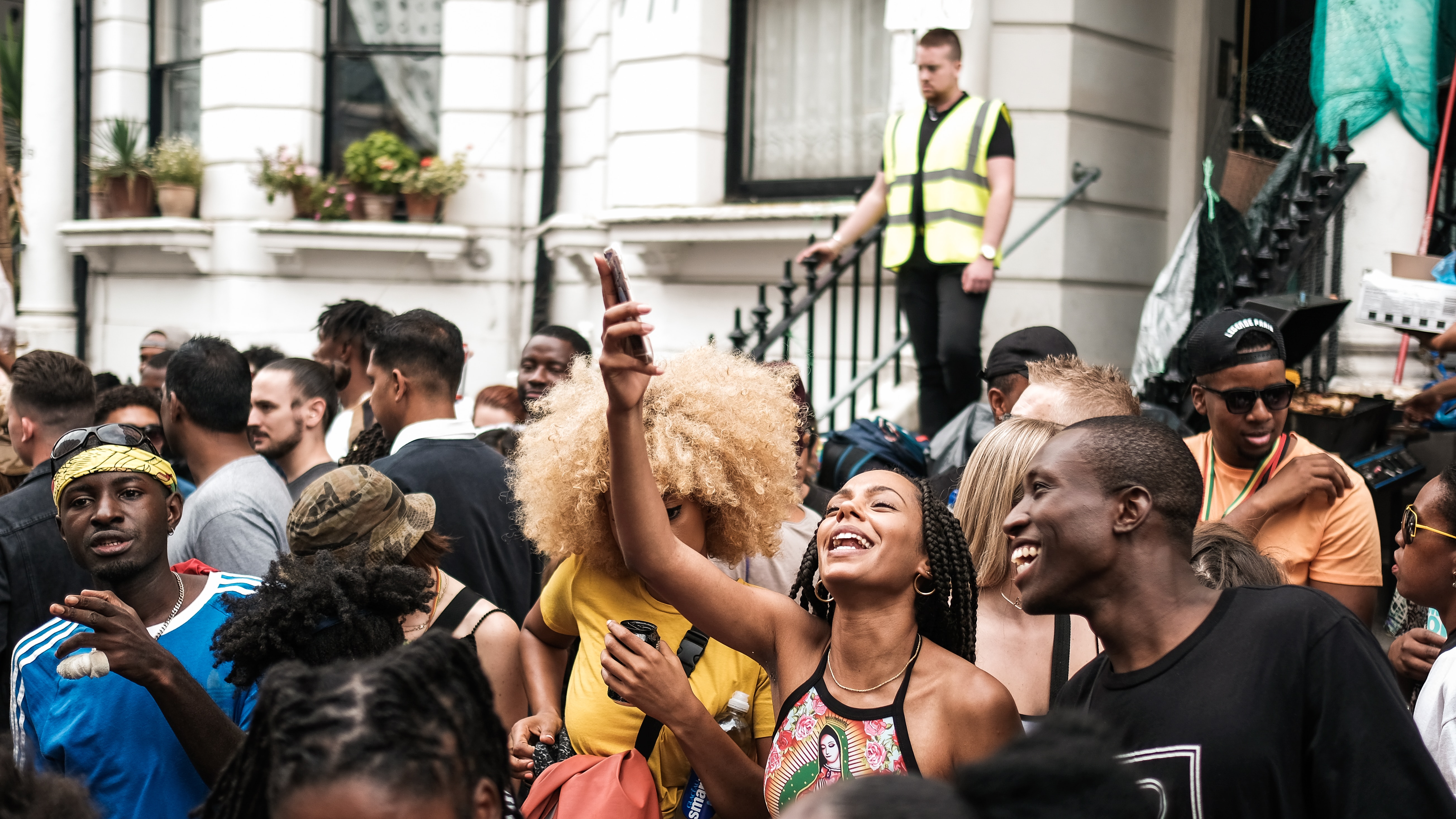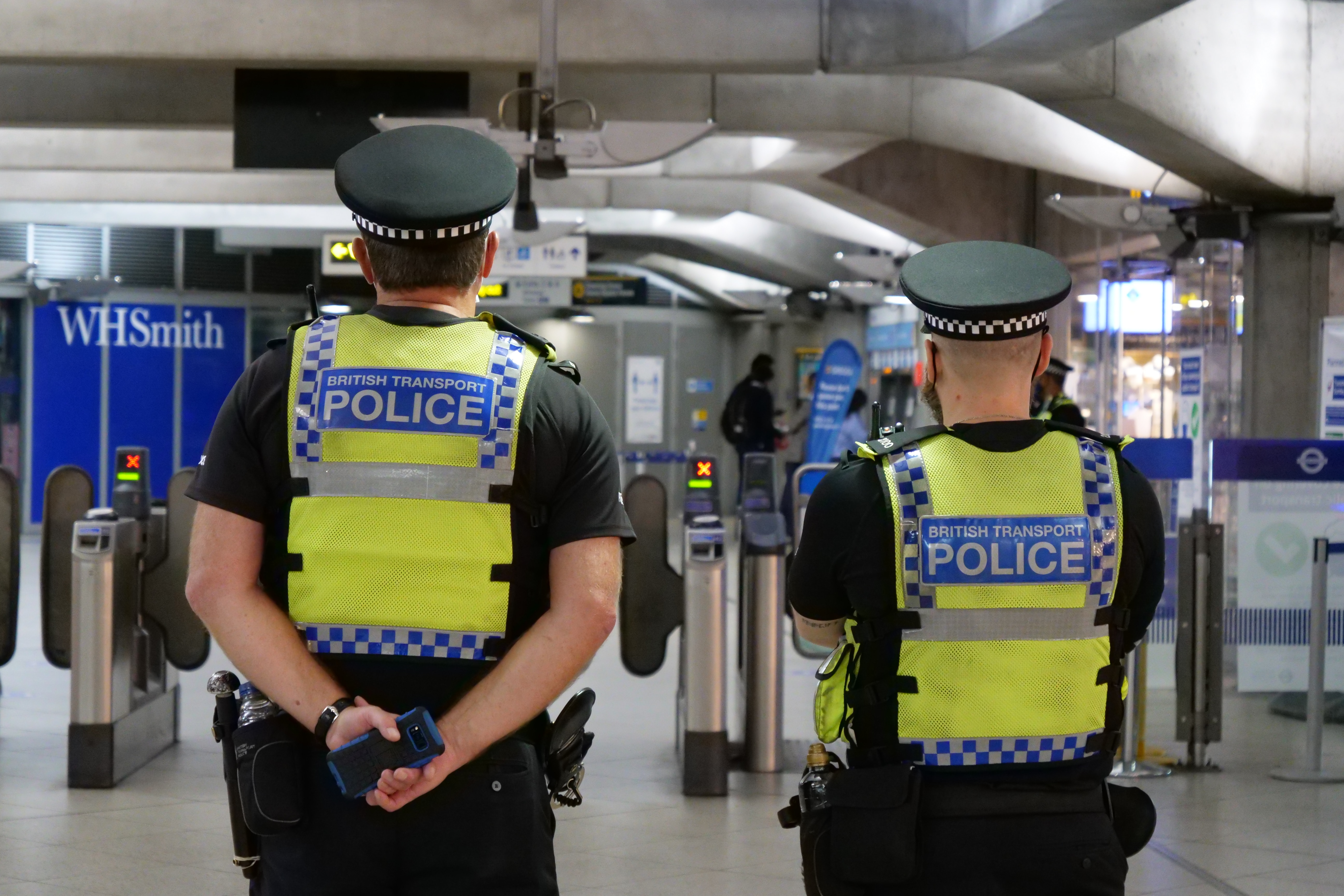Black Brits are whitewashed out of the history books
Brits can’t name a single Black British historical figure - with our flawed education system, this isn’t surprising.
According to a survey published in The Guardian, more than half of Brits know so little about Black British history that they can’t name a single historical figure. Not one.
75% of those surveyed admitted they didn’t know “very much” or “anything at all” about the subject, 53% couldn’t remember a single Black British historical figure and only 7% could name more than four. More than a third believed the first Black people migrated to Britain only in the past 200 years (it was more than 2,000 years), and most also vastly underestimated the scale of Britain’s involvement in the transatlantic slave trade.
None of this is surprising. The history of Britain has been thoroughly and systematically whitewashed for centuries. Currently, Black history doesn’t feature anywhere in the national curriculum, so it’s not compulsory that it is taught in UK schools. Any teaching on colonialism focuses on the glories of the British Empire, and Britain’s role in the slave trade is conveniently whittled down to ‘white saviour’ narratives and our heroic push for abolition. Black people, and people of colour more broadly, are consistently painted out.
This systemic erasure is not coming from teachers: 78% of history teachers have expressed a desire for training on teaching migration, and 71% on teaching about empire. But in 2014, then-Education Secretary Michael Gove announced he wanted to refocus history lessons to “celebrate the distinguished role of these islands in the history of the world”. He removed the curriculum’s explicit focus on racial and ethnic diversity, particularly within Britain. Despite lobbying from campaigners and teachers, these damaging changes have never been rectified.
The erasure of Black Britain from the curriculum is damaging for all of us - it keeps us locked in a cycle of ignorance.
Speaking to the Independent last year, teacher’s union president Louise Atkinson said: “Teaching of Black history is crucial – not just from a union perspective but from an educational and a humanity perspective… The government is not moving quick enough and its curriculum commitment via the Inclusive Britain plan is certainly not what we would like to see. They’re making good noises at the moment – but really there’s not been any action and it hasn’t been quick enough.”
This Black History Month has been a distinctly underwhelming one. Journalists, activists and campaigners have commented on the significant ‘wind down’ they have noticed since the surge of 2020, with fewer events, campaigns and special projects taking place to mark the celebratory month. This slow-down is inevitable in an environment that ignores and erases the contributions of Black people to this country’s history. We can’t celebrate things that are hidden away, pushed out of sight.
The teaching of Black British history should not be optional. The erasure of Black Britain from the curriculum is damaging for all of us - it keeps us locked in a cycle of ignorance. Learning about Black histories is essential for our broader understanding of the world we live in and our place within it. Education may be one of our most essential tools against the rise of xenophobia, racism and far-right populism.
The Lead is now on Substack.
Become a Member, and get our most groundbreaking content first. Become a Founder, and join the newsroom’s internal conversation - meet the writers, the editors and more.





